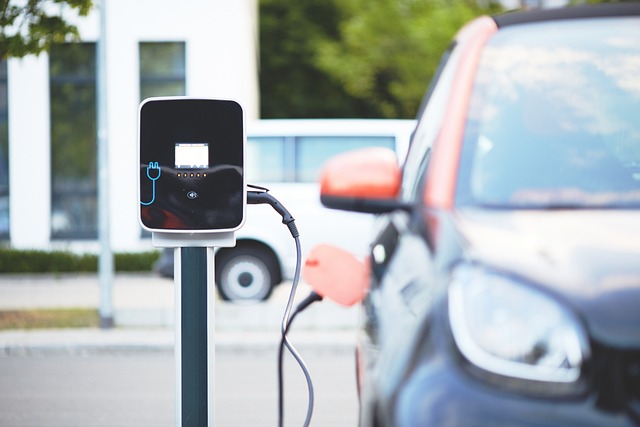Why Small Electric Cars Are a Smart Solution for Everyday Driving
Small electric cars are revolutionizing urban mobility by offering an efficient, environmentally conscious solution for daily transportation needs. These compact vehicles combine the benefits of zero direct emissions with practical features that make them particularly well-suited for city living and regular commuting. As more drivers seek sustainable transportation options, small electric cars are emerging as an increasingly attractive choice.

What Makes Small Electric Cars Ideal for City Driving?
Small electric cars excel in urban environments due to their compact dimensions and superior maneuverability. Their size makes them perfect for navigating narrow streets and fitting into tight parking spaces. Most small EVs have a turning radius that’s significantly smaller than conventional vehicles, making them exceptionally agile in city traffic. Additionally, their instant torque delivery provides quick acceleration from stops, ideal for stop-and-go city driving.
How Do Operating Costs Compare to Traditional Vehicles?
The economics of small electric cars present compelling advantages for daily drivers. Electricity costs significantly less than gasoline, with average charging costs ranging from $30-60 per month for typical daily commuting. Maintenance costs are also lower due to fewer moving parts and simpler mechanical systems. Regular service typically involves tire rotation, brake fluid checks, and cabin air filter replacement.
| Vehicle Type | Monthly Fuel/Energy Cost | Annual Maintenance Cost |
—|—|—
| Small Electric Car | $30-60 | $300-400 |
| Comparable Gas Car | $120-180 | $600-800 |
Prices, rates, or cost estimates mentioned in this article are based on the latest available information but may change over time. Independent research is advised before making financial decisions.
What Range Can You Expect from Small Electric Cars?
Most modern small electric cars offer ranges between 150-250 miles on a single charge, more than adequate for daily commuting and routine trips. Urban drivers typically travel less than 30 miles per day, meaning most small EVs can go several days between charges. Home charging overnight ensures a full battery each morning, eliminating range anxiety for regular commuting.
How Easy Is Charging and Maintenance?
Charging infrastructure has improved significantly, with multiple options available. Home charging using a Level 2 charger (240V) can fully charge most small EVs in 6-8 hours. Public charging stations are increasingly common in urban areas, offering both standard and fast-charging capabilities. Maintenance is straightforward, with fewer mechanical components requiring service compared to traditional vehicles.
What Environmental Benefits Do Small Electric Cars Offer?
Small electric cars produce zero direct emissions, contributing to improved air quality in urban areas. Their smaller battery size, compared to larger EVs, means a lower environmental impact during manufacturing. When charged with renewable energy, these vehicles can achieve nearly carbon-neutral operation, making them an excellent choice for environmentally conscious drivers.
Which Small Electric Cars Offer the Best Value?
Several manufacturers offer compelling small electric cars with varying features and price points:
| Model | Base Price | Range | Key Features |
—|—|—|—
| Nissan Leaf | $27,800 | 149-226 miles | ProPilot Assist, e-Pedal |
| Chevy Bolt EV | $31,500 | 259 miles | Super Cruise compatible, Quick charging |
| Mini Electric | $29,900 | 114 miles | Premium interior, Sport handling |
| Hyundai Kona Electric | $34,000 | 258 miles | Long range, Advanced safety features |
Prices, rates, or cost estimates mentioned in this article are based on the latest available information but may change over time. Independent research is advised before making financial decisions.
Small electric cars represent a practical, cost-effective solution for everyday driving needs, particularly in urban environments. Their combination of efficiency, lower operating costs, and environmental benefits makes them an increasingly attractive option for modern drivers. As technology continues to advance and charging infrastructure expands, these vehicles are becoming an even more compelling choice for daily transportation.






